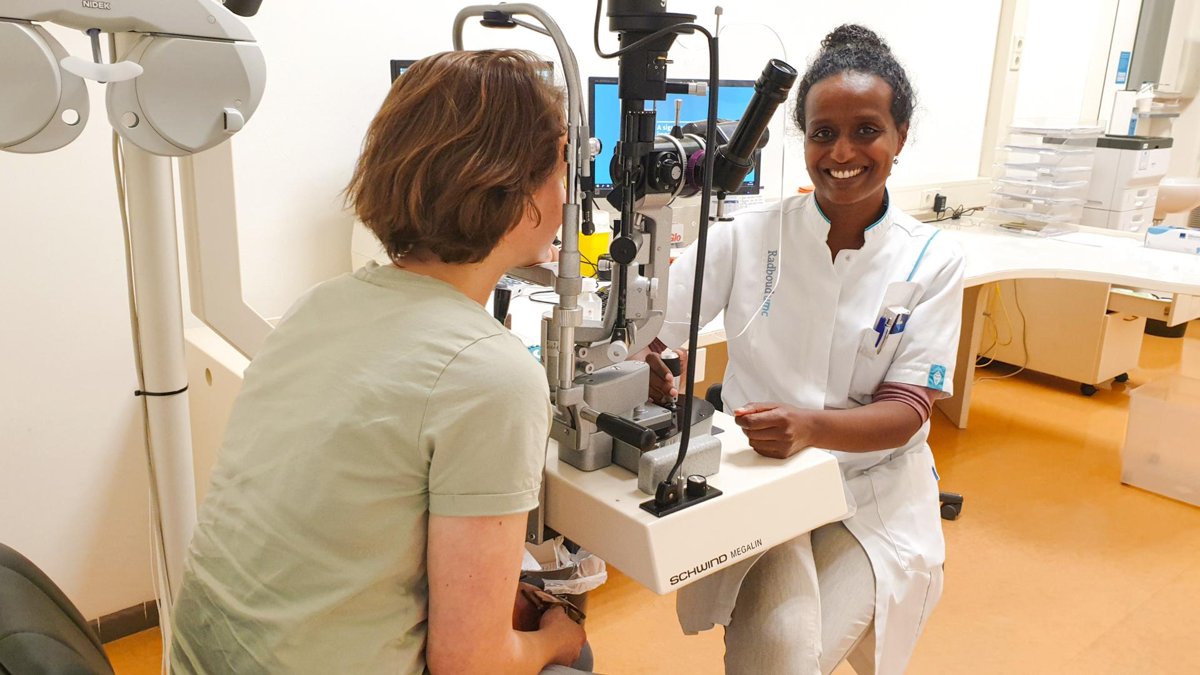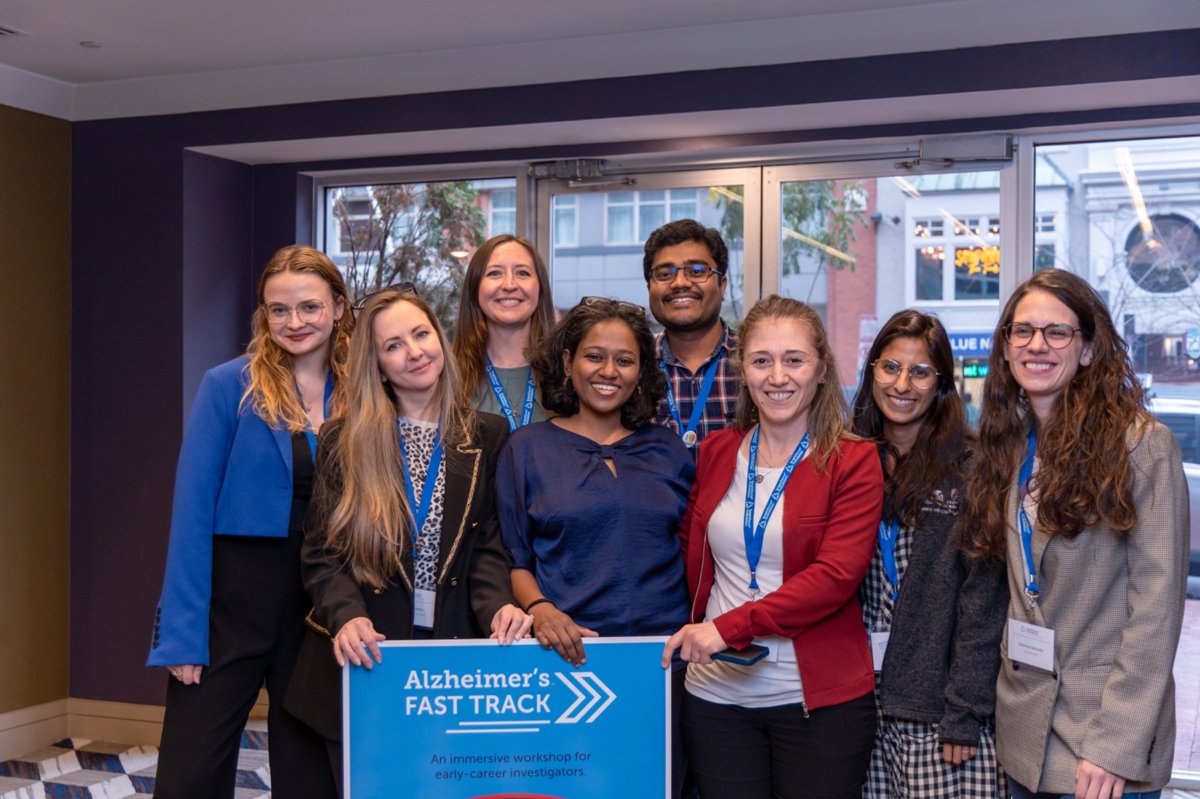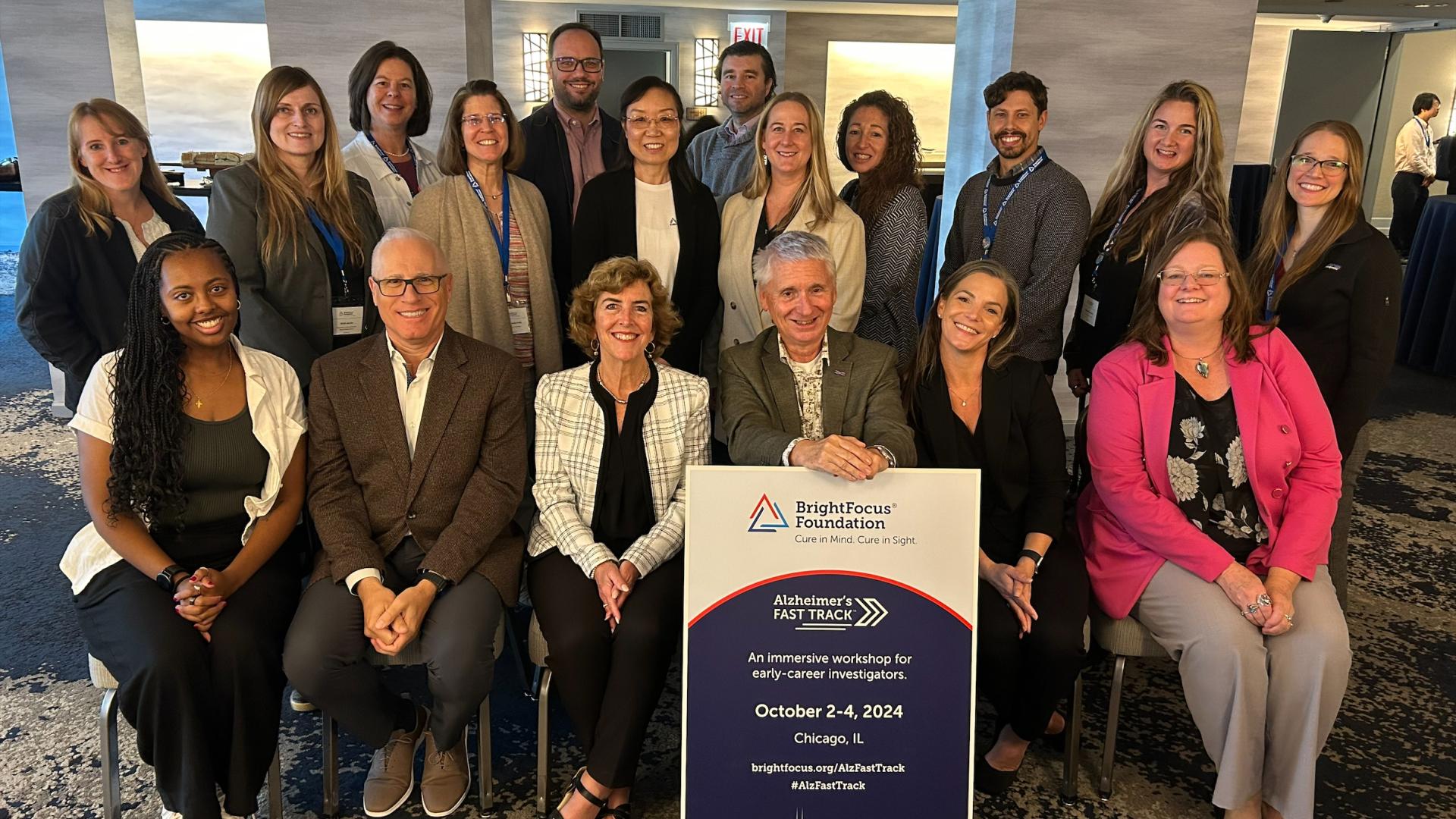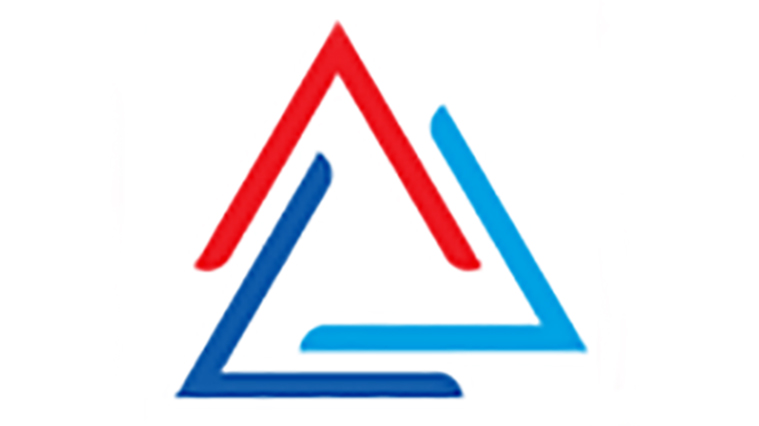Cure in Mind. Cure in Sight.
For more than 50 years, BrightFocus Foundation has catalyzed scientific breakthroughs across diseases of mind and sight that have led to novel treatments, prevention strategies, and diagnostic tools.
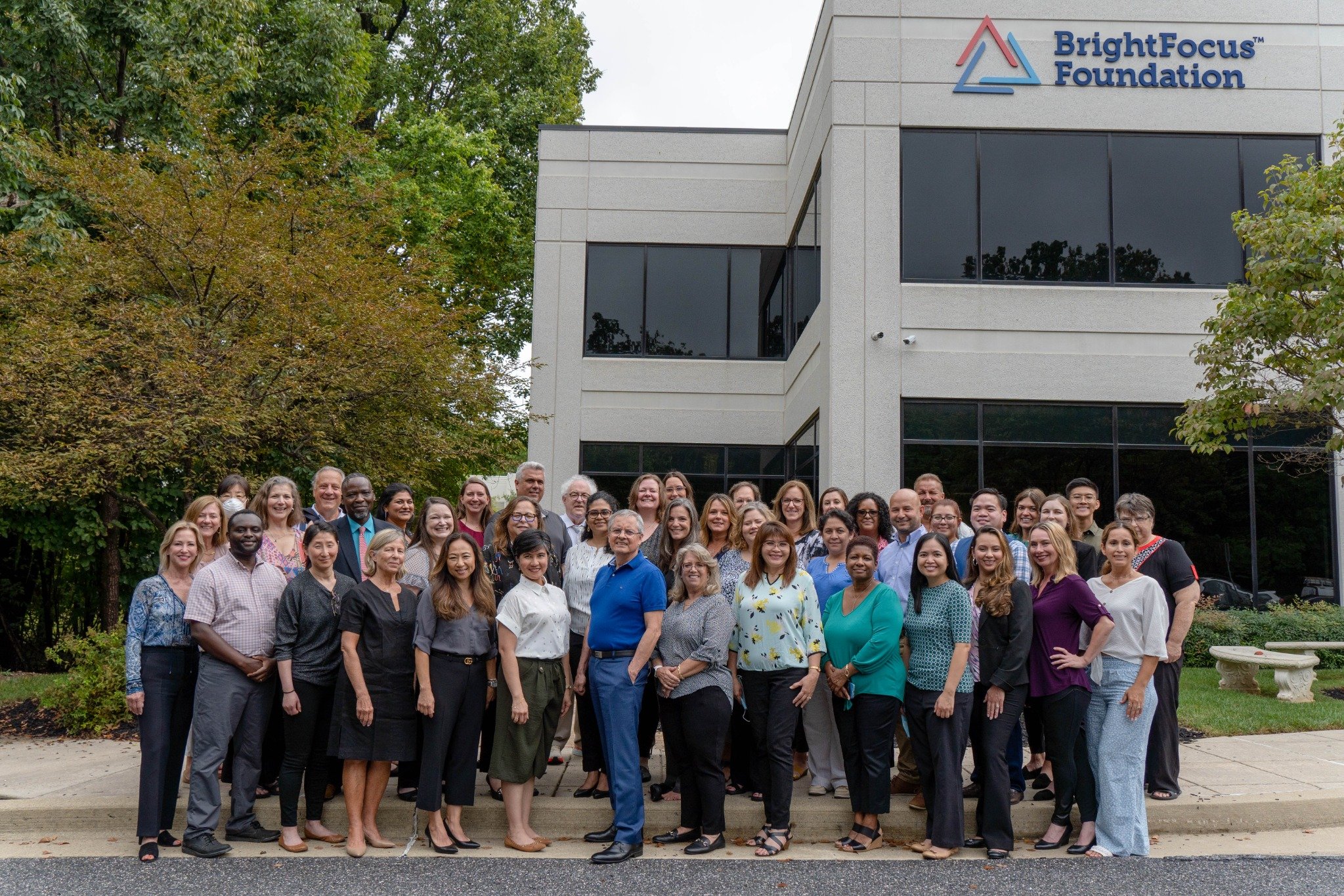
Our Mission
BrightFocus funds exceptional scientific research worldwide to defeat Alzheimer’s disease, macular degeneration, and glaucoma and provides expert information on these heartbreaking diseases.

Building on Over 50 Years of Impact
Our donors fuel the work of scientists who are paving the way toward cures for Alzheimer’s disease, macular degeneration, and glaucoma. Most of our grants support early-stage research, ensuring fresh perspectives are brought to the forefront and offering an increased return on research investment over time through novel discoveries that fuel the field.

Funding Discoveries and Breakthroughs
Our funding has helped blaze new trails of discoveries and breakthroughs, supporting distinguished scientists holding two Nobel Prizes, as well as 49 MetLife Foundation Awards, 34 Potamkin Prizes, and many others. Through our Fast Track programs and scientific travel awards, we are investing in the next generation of innovators around the world.
Research Funded by Country
Nearly $300 million
Invested in research funding since inception.
25
Countries where we have supported innovative research.
6,240
Scientists supported by BrightFocus grants.
BrightFocus Programs
Research Programs
Providing initial funding for highly innovative, global research through three specialized programs.

Alzheimer’s Disease Research
Our funded research on Alzheimer’s disease leaves no stone unturned, exploring the full range of scientific paths toward better treatments and, ultimately, a cure.

Macular Degeneration Research
We accelerate groundbreaking research to better understand the root causes of and prevention strategies for macular degeneration, a leading cause of blindness in people 50 years and older worldwide.
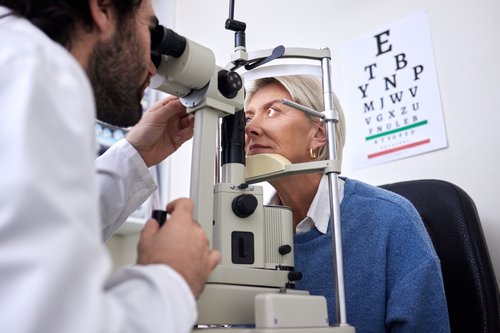
National Glaucoma Research
We are one of the world’s premier nonprofit funders of research on glaucoma, the leading cause of blindness worldwide. Our funded researchers are advancing new and innovative ways of detecting, treating, and preventing this “sneak thief of sight.”
Join Our Partner Network
Join BrightFocus in its mission to discover cures for Alzheimer’s disease, macular degeneration, and glaucoma.
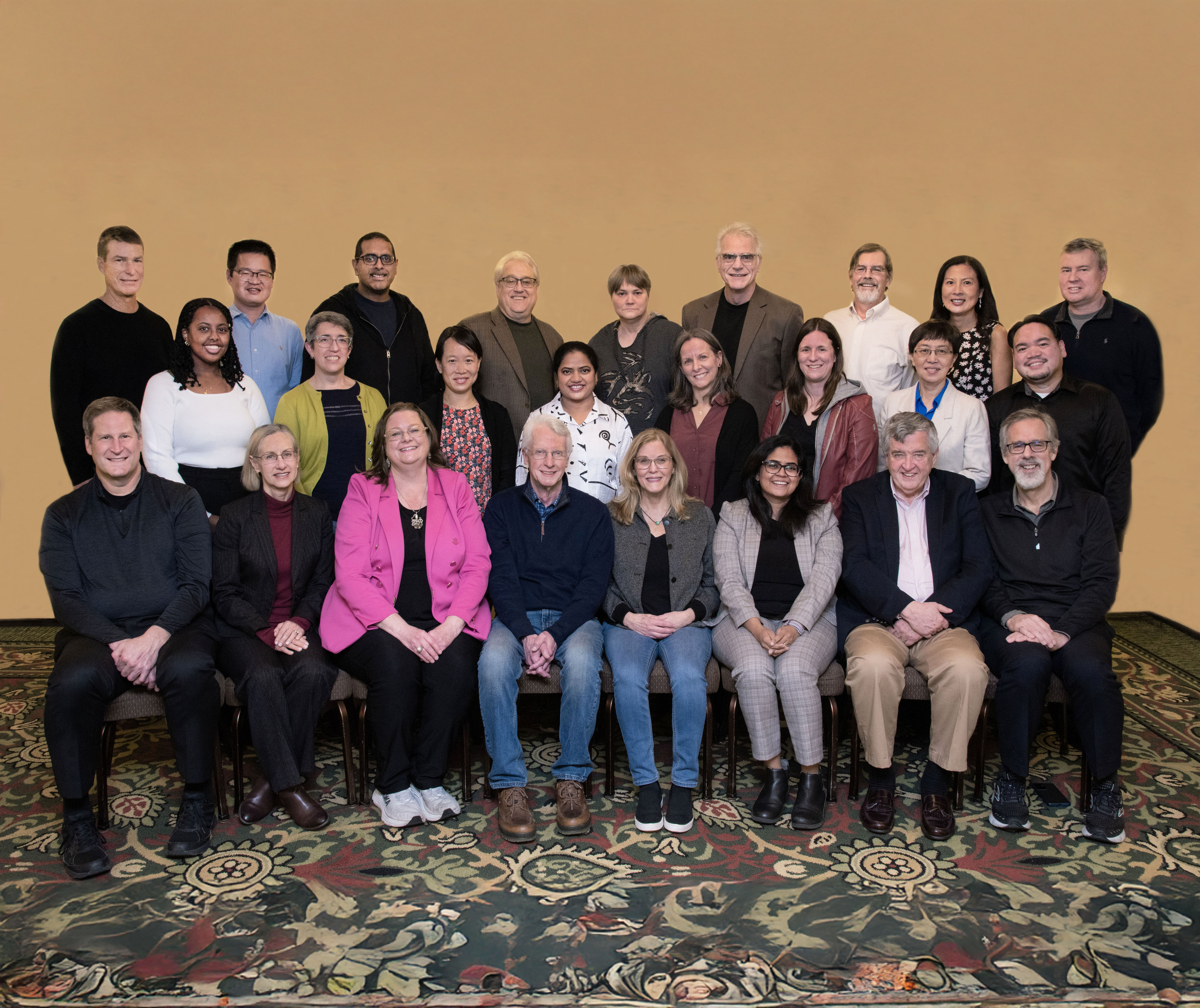
World-Class Scientific Advisors
BrightFocus’ scientific portfolio is guided by its world-class scientific review committees composed of renowned leaders in their fields who recommend new research opportunities for BrightFocus to advance its mission.
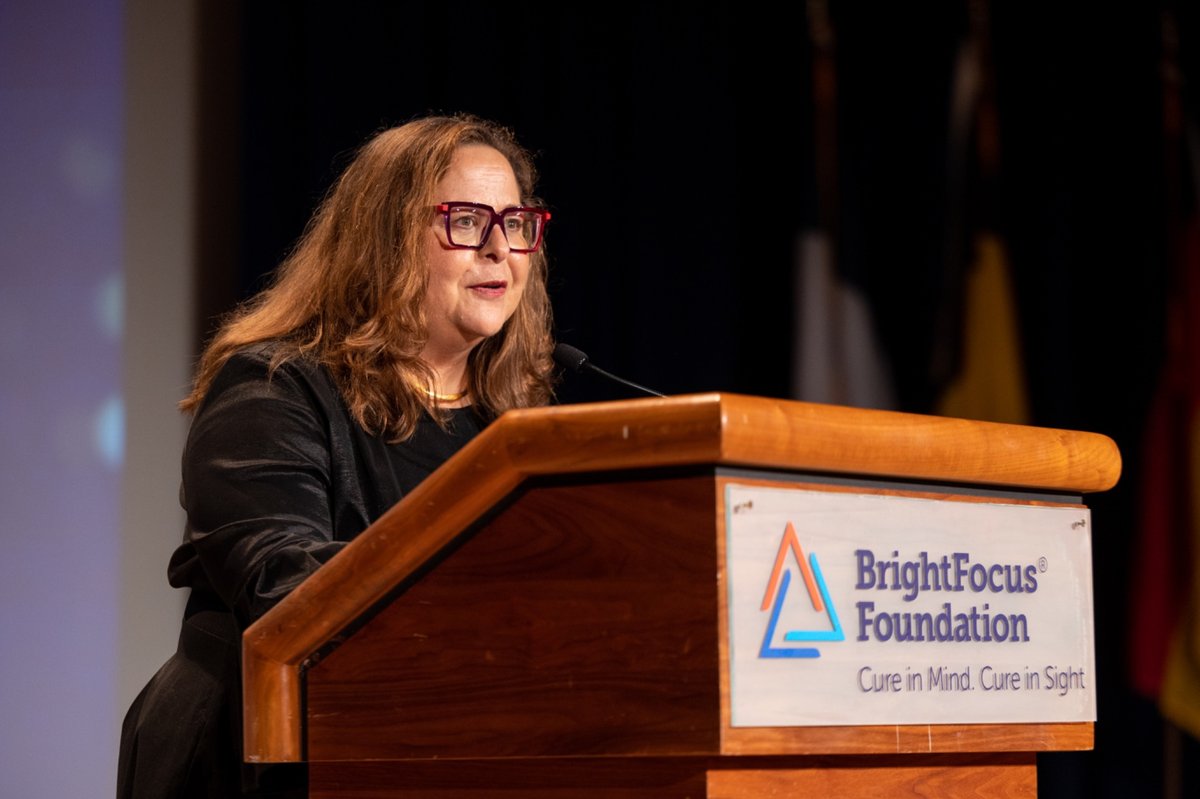
Our Leadership
Meet our experienced leadership team guiding BrightFocus Foundation’s mission and impact.
Funding Rising Stars
BrightFocus grant recipients have gone on to receive numerous scientific awards, including two Nobel Prizes, three Breakthrough Prizes, and 34 Potamkin Prizes, among countless others.



News
Recent News & Breakthroughs
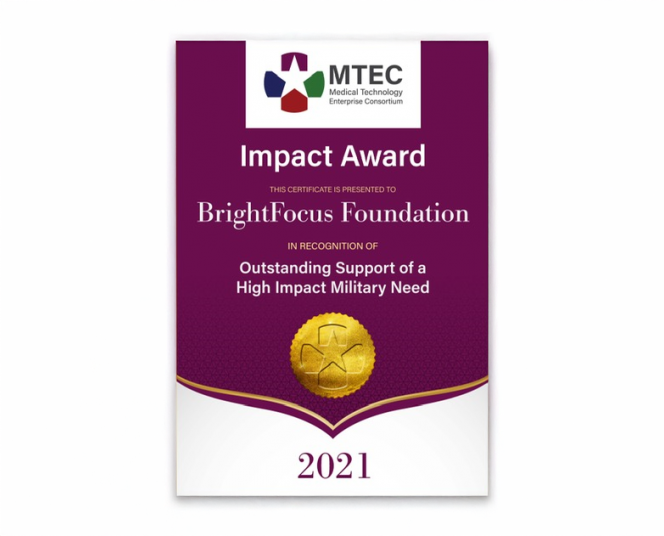
MTEC Impact Award
BrightFocus received the inaugural Impact Award from the Medical Technology Enterprise Consortium, a U.S. Department of Defense public-private partnership. America’s military and veterans who have experienced repeated mild traumatic brain injury are at 2-5 times the risk for Alzheimer’s and other forms of dementia. BrightFocus is working to advance new protections through the scientific development of better treatments.



